Fall 2024
Master Studio. AHO.
Circular Prototyping: Critical Mass
Spring 2023
Master Studio. AHO.
Re-store: Petroleum
Fall 2022
Master Seminar. AHO.
Lightweight Architecture III: Towards A New Material Paradigm
Fall 2022
Master Seminar. AHO.
Pre-diploma
Fall 2022
Master Studio. AHO.
Re-store: Central Theater
Spring 2022
Master Seminar. AHO.
Pre-diploma
Fall 2019
Seminar. HKU.
Material Histories: Critical Mass.
Spring 2019
Seminar. HKU.
Material Histories: Equilibrium and Suspense.
Spring 2019
Year 4 Studio. HKU.
Open Structures II: Labour.
Fall 2018
Year 4 Studio. HKU.
Open Structures I: Industry Vernaculars.
Fall 2018
Master Studio. HKU.
Universals VII: Saturday Afternoon.
Fall 2017
Master seminar. Monash University.
Material History: Critical Mass.
Fall 2014
Master Studio. AHO.
Re-Store: Oslo. Reinventing the Government District.
Fall 2013
Master Studio. AHO.
Three Critical Projects.
Fall 2012
Master Studio. AHO.
Asylum Venice.
︎ SEE ALL
Spring 2015
Master studio. AHO.
Re-Store: Concrete


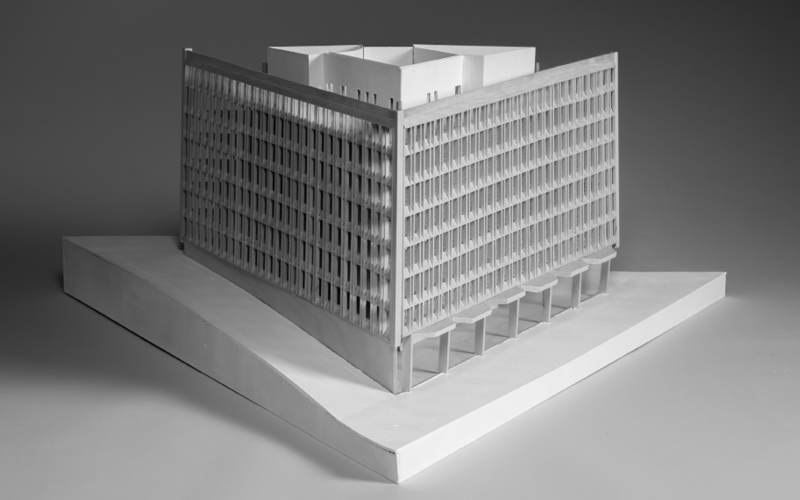
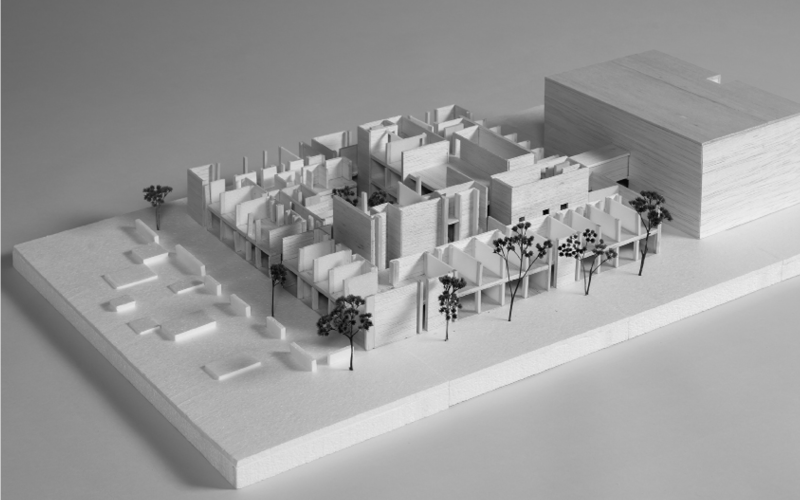
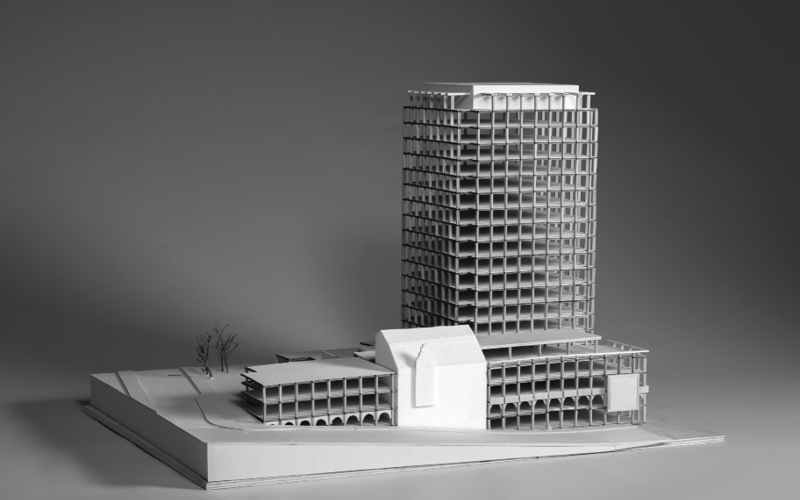


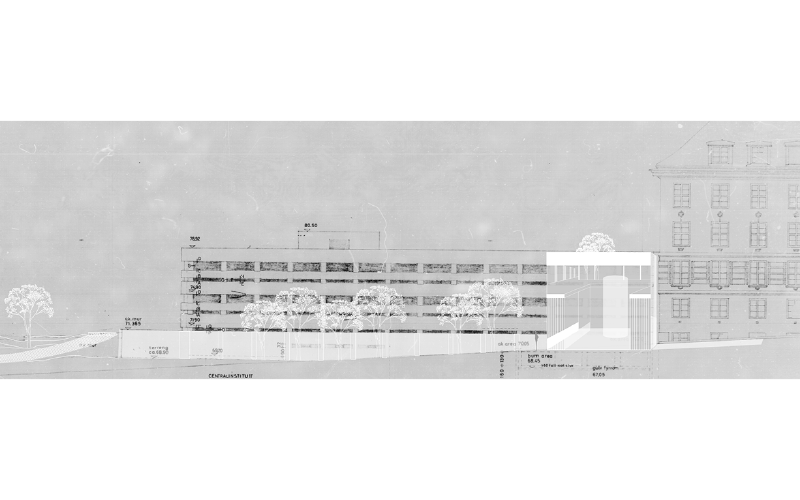
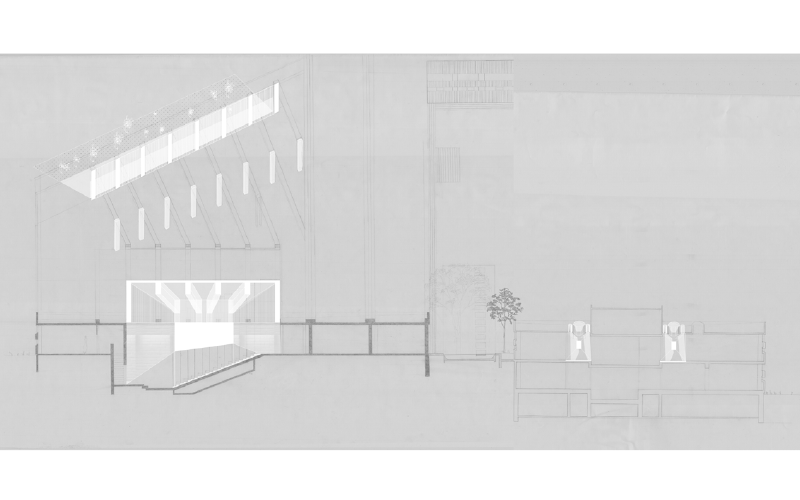

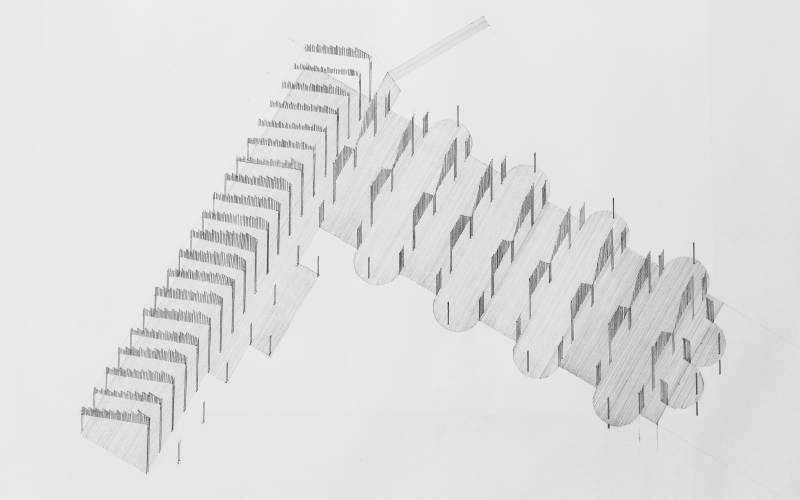

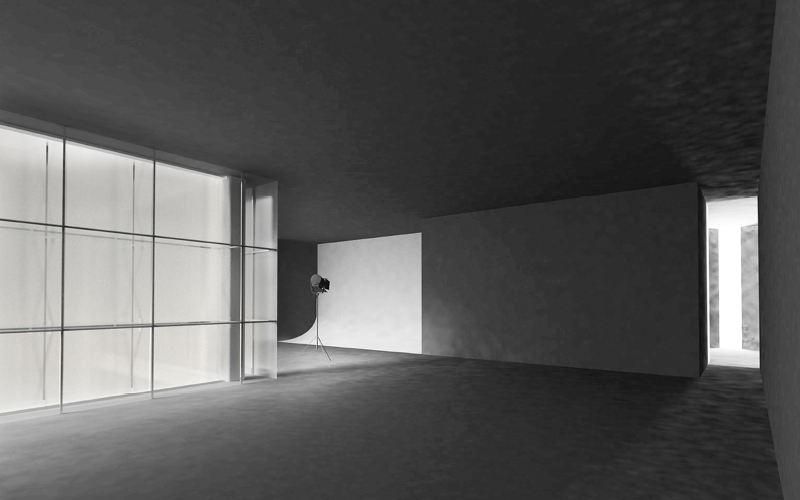

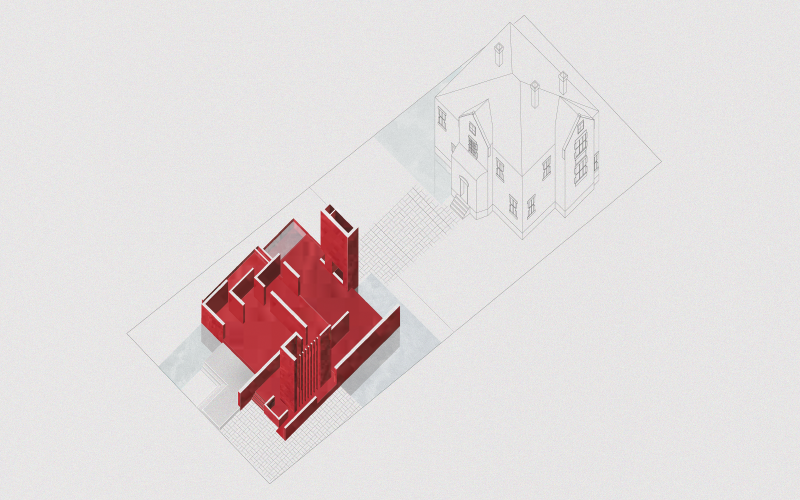
This studio is all about concrete: it’s history, it’s cultural meaning, it’s structural and technological properties and potential as architectural space. The assignment is to investigate a number of concrete buildings in Oslo from the 1950s- 1970s using the conceptual framework of experimental preservation exploring reuse, transformation and addition of the buildings. Between 70-80% of all buildings in Norway are built after WWII and about 80% of the buildings standing today will still be standing in 2050. There is an urgent demand for knowledge on how to handle the overwhelming number of existing structures. We need to know how to evaluate their technological properties, their cultural value and spatial potential, and develop strategies for their future existence. The raising Norwegian welfare state produced a huge amount of buildings: social housing projects, communal and governmental institutions, commercial buildings and infrastructure. The period allowed for experimentation and technological innovation, and the Norwegian concrete building industry was at the forefront. We find a number of interesting innovation-driven concrete structures in Oslo, and the studio want to cast light on them, learn from them and apply this knowledge to the contemporary architectural practice.
-
Teachers: Erik Langdalen, Andrea Pinochet, Lea-Cathrine Szacka
Study trip: London and Paris
Guests: Adrian Forty, Janna Brystryck (OMA), Justin De Sylas (Avanti Architects) Peter Zumthor, Jorge Otero-Pailos (Columbia University), François Charbonnet (Made in Sarl), Erlend Skjeseth
-
Teachers: Erik Langdalen, Andrea Pinochet, Lea-Cathrine Szacka
Study trip: London and Paris
Guests: Adrian Forty, Janna Brystryck (OMA), Justin De Sylas (Avanti Architects) Peter Zumthor, Jorge Otero-Pailos (Columbia University), François Charbonnet (Made in Sarl), Erlend Skjeseth